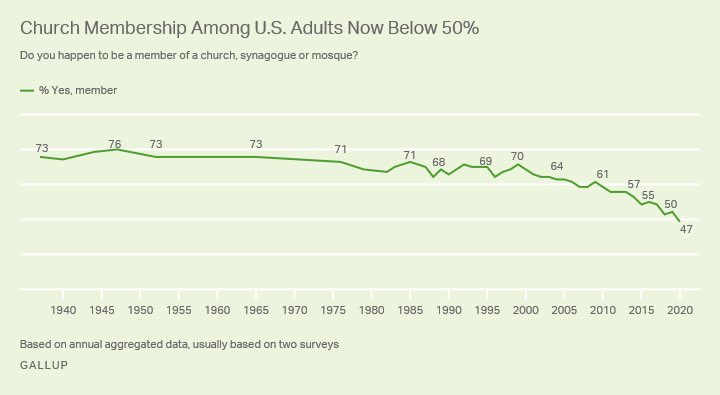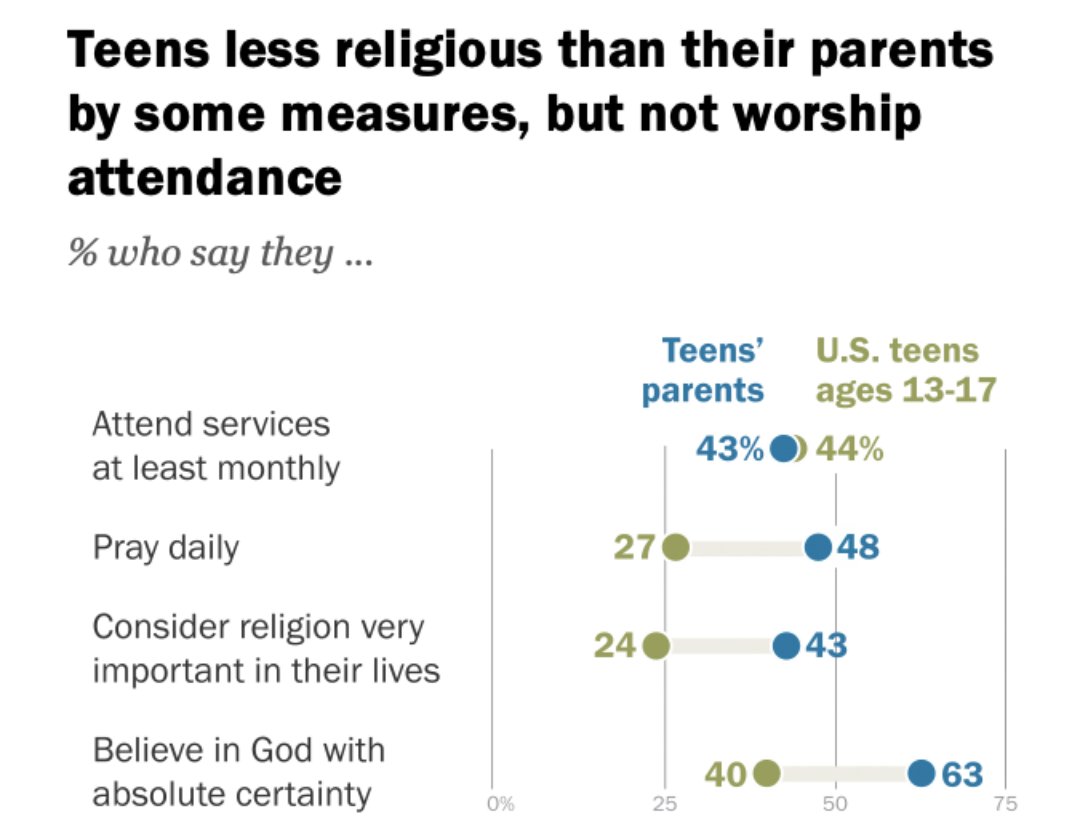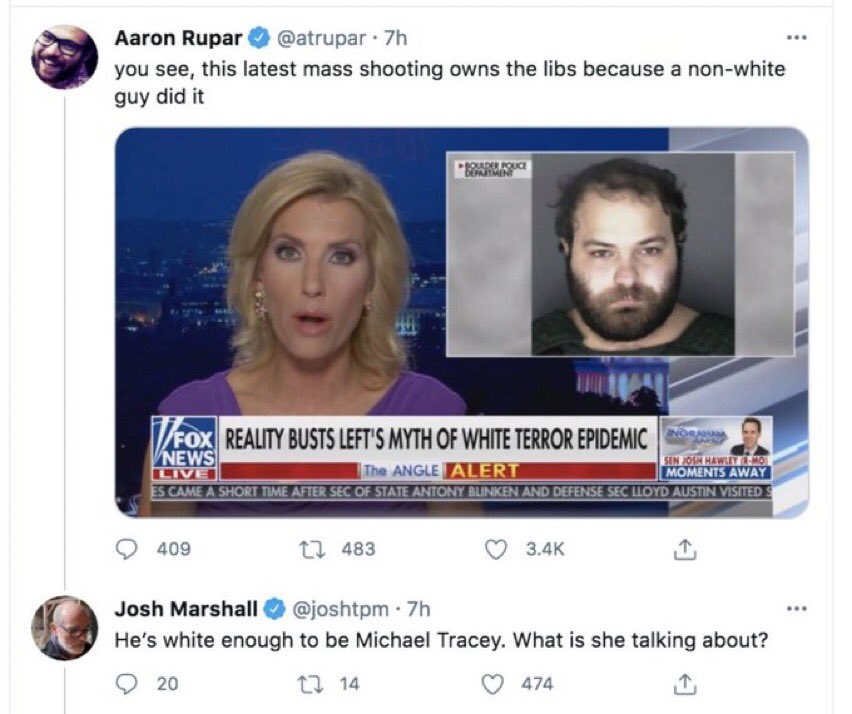
This is a very good essay from @DouthatNYT on whether a religious awakening might come to pass among educated elites nytimes.com/2021/04/10/opi…
A few thoughts. Christianity's decline has been fueled by the desertion of the professional-managerial classes. By contrast, Islam's revival in the 1970s and 80s drew considerable strength from some of those same groups—engineers, doctors, technocrats, lawyers, and teachers
Over the course of the 20th century, Islamic thinkers consciously tried to refashion the religion as rigidly rationalist and anti-supernatural. Rashid Rida, one of the most influential Islamic revivalists of the 20th century, described Islam as the "religion of reason"
Over decades, as the influence of Sufi orders diminished in the Middle East, the spiritual and mystical aspects of Islam were deprioritized in favor of making Islam more "practical" and relevant. Not surprisingly, this is something engineers and doctors found compelling
• • •
Missing some Tweet in this thread? You can try to
force a refresh







